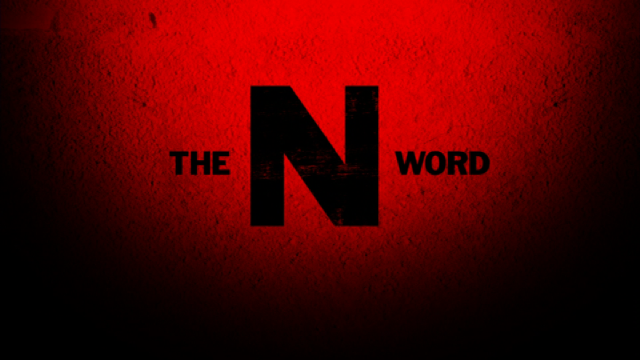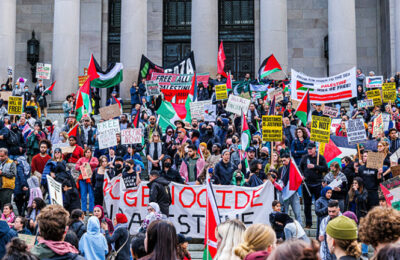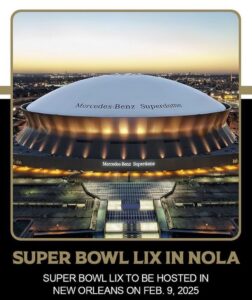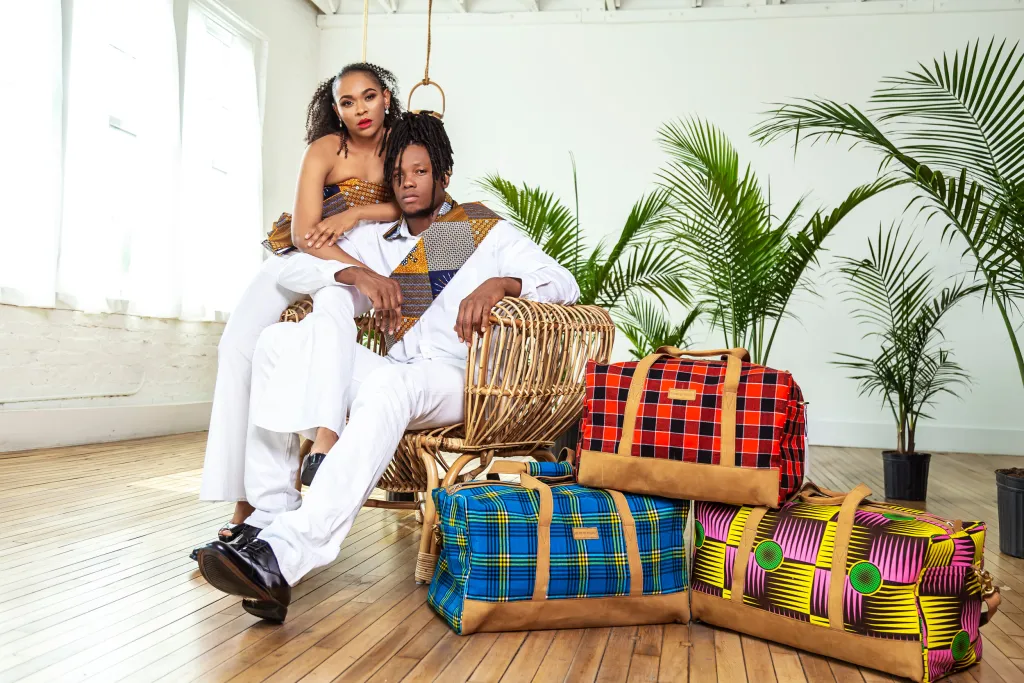Not everything needs to be understood. Some things just need to be respected.
I use the “N” word. I say nigger.
I am not certain whether my admission of the use of the word will be censored, but, there you have it.
I am an African-American. I typically refer to myself as Black, but this reading space is a shared one, and there must be compromises around safety, so, African-American.
I use the “N” word in reference to friends, loved ones, as an exclamatory statement. In moments of surprise and laughter, to admonish others and as a verb and adjective.
My use of the word, in all of its utility, was brought back to mind this week as conversations began to emerge around recent incidents with Adam Jones, a Black professional baseball player, and Fenway Park, in Boston. Reports from witnesses and Jones himself indicate that he was called the “N” word repeatedly by several spectators and had items, including peanuts, thrown in his direction during a baseball game.
Reactions including outright disbelief, to knowing commiseration flooded social media, and the very next day, Adam Jones received a warm round of applause from the Fenway faithful. Further, it brought many of us right back around to a conversation which appears to fire up whenever such an incident registers on our collective radars.
That of the boundaries around, and use of the “N” word. Nigger.
I would like to, as a service to us all, put these conversations to rest.
The very fact that they happen speaks directly to the continued maintenance of unsafe personhood spaces for Black men and women.
That we have to sit under any public scope and explain the bounds and toxicity around who may or may not use the word is equal parts disheartening and upsetting.
Some things, always clouded by the soporific presence of privilege, our neighbors will simply never get. And quite simply, are not entitled to get. Among these, is use of the “N” word.
When I use the word, and when those among my extended kinfolk in the community use it, there is an understanding of the motive, and a specific set of applications of the word. There is a history and meaning, there is a tearing down of that word as it was used as a weapon, a siphoning of the emotional poison it is steeped in, when my tribe makes use of it. I know there to be no harm.
Like many other Black men and women, I have been in shared, often unsafe, spaces where a White friend inquires about the use of the word, or suggests that it can’t be heinous in public spaces, because of how readily it is used by African-Americans.
I never follow this line of thinking, as those who say it have likely never discussed with any African-American person what it feels like, how it is used, and what is meant when it is said between Black persons. Never. They have the hinderance of emotional and actual distance, but employ the privilege that most White Americans enjoy, which is to make the Black experience, and all parts of it, subject to their understanding.
Black persons are required to understand that they should explain all parts of their/our humanity, to the satisfaction, and for the consumption of, the majority. The ways in which we think, feel, and live should be made palatable, otherwise they cannot be exercised in any space, anywhere.
The suggestion here, with the “N” word being that we should all be entitled to use it, as Black people are free to use it, and thus it somehow belongs to us all.
And so, again, let us venture to put this question and its correlates to rest. Black people have an inherent understanding, not only of what someone means when another Black person says the word, but they have a clear sense from inflection to tone what all else is being communicated, waves of meaning, when the word is being used by Black people.
The cost of living with Black skin, often a significant one, is what earns the use and understanding of the word. Within the community, within my sphere and community, it is used as it best fits. It is ours in how we apply it. There is no metric, no language, no patois that would allow me to translate that for you. And you are not entitled to one, as you do not bear ownership of the ways of being and feeling for Black people.
To even begin to ask the question, to demand an explanation, is dehumanizing. It hearkens to a time that we have supposedly developed past, where the whole of a Black person belonged to someone, somewhere. It is a dangerous emotional stage to set for any conversation. Unsafe and toxic.
It often feels like Black people simply can’t have anything in peace. Not what we say, or how we style our hair, or engage with our environment. No. It is all subject to be forcibly shared with the majority. It is past time that we, and you, got off that.
When the “N” word is uttered by any White person, it is a slur. Full stop.
No White American has had to live with the cost associated with Black skin, none have been granted access to the use of the word as it belongs to an entire other community. This is not academic, there is no science to ground it. For White persons, there has not been the history of transforming the meaning of the word, it remains one thing for that community, and no permission from any misguided Black person can be granted to erase marks that are that indelible.
Quite simply, the way in which we use that word, any word like it, any sense of ourselves, our standards of beauty, or worldviews, belongs to us, within our community. We should assert those things, and must, without the obligation of justification or explanation. Certain emotional and personal spaces, and the words, practices and customs that come with those, those ways of people, should not be subject to oppressive encroachment.
Very simply put, the word as it is used, when it is used, and how it is used, is for those it is used by in the community. There is no need for a bridge to understanding, as no such architecture exists. In much the same way that those who have never served in the Marine Corps do not need to understand all of their customs, sayings and ways, they have not earned that access. It is not for the uninitiated, nor should it be.
We do not mean the same thing when we say it, and even if the supposed motive is a neutral one, the impact of the placement and application of the word is not the same. That should be enough for you. Even over and above the privilege that aches to be given all access to all things, that must be enough.
Even many among my elders would suggest that I shouldn’t use the word, and that is a conversation to be had between tribe around our fire. As for this shared space, no, I will use the word, and know what I mean, and how I send it out from me. Without guilt, reluctance or explanation.
For this, for all parts of my person, for us all, leave those to us. Be the neighbor that I know you wish to be. (By Napoleon Wells)









